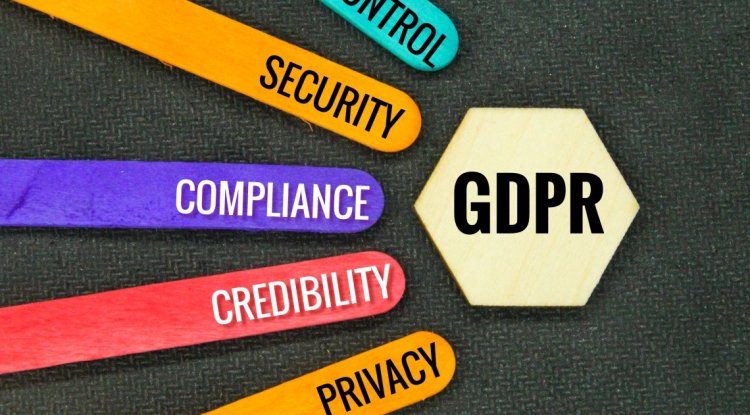Ethical Marketing Audits: Assessing Your Compliance Practices
Discover the importance of ethical marketing audits and compliance practices. Learn how to ensure your marketing strategies align with ethical standards. Case study included.

In today's dynamic business landscape, ethical marketing has become a cornerstone of success. As businesses strive to establish trust and credibility with their audiences, ethical marketing practices play a pivotal role in achieving these goals. This article delves into the realm of ethical marketing audits, shedding light on how they can help businesses assess and enhance their compliance practices.
Why Ethical Marketing Matters
Ethical marketing is the practice of promoting products, services, and brand values while adhering to moral principles and societal norms. It ensures that marketing efforts are truthful, transparent, and respectful of consumers' rights and interests. As consumer awareness grows and social responsibility takes center stage, ethical marketing has evolved from a choice to a necessity.
The Role of Ethical Marketing Audits
Ethical marketing audits serve as a systematic examination of a company's marketing strategies, ensuring they align with ethical standards and legal regulations. These audits go beyond traditional assessments and delve into the core of marketing practices, evaluating factors such as transparency, honesty, data privacy, and social impact. By conducting regular ethical marketing audits, businesses can:
-
Assess Compliance: Ethical marketing audits help businesses identify any gaps between their marketing strategies and ethical guidelines, allowing for timely corrective actions.
-
Build Trust: Ethical marketing cultivates trust and credibility among consumers, leading to stronger brand loyalty and positive word-of-mouth.
-
Mitigate Risks: By addressing ethical issues proactively, businesses can reduce the risk of legal and reputational damage.
-
Enhance Reputation: An ethical image fosters a positive reputation, attracting socially conscious consumers and potential business partners.
Case Study: Bridging the Ethical Gap
Consider the case of Company X, an e-commerce retailer known for its sustainable products. As part of its commitment to ethical marketing, Company X decided to conduct an ethical marketing audit. The audit revealed that while their product descriptions highlighted sustainability, the company's supply chain practices didn't entirely align with these claims. By addressing this discrepancy and making the necessary changes, Company X not only improved its ethical standing but also saw an increase in customer trust and loyalty.
Conducting an Ethical Marketing Audit
-
Review Marketing Materials: Scrutinize all marketing content, from advertisements to social media posts, ensuring they accurately represent products or services.
-
Data Privacy Assessment: Evaluate how customer data is collected, stored, and used. Ensure compliance with data protection regulations.
-
Transparency Check: Assess the clarity and transparency of your marketing messages. Avoid misleading or exaggerated claims.
-
Social Impact Analysis: Examine the potential social and environmental impacts of your products or services. Be prepared to address any negative consequences.
-
Collaboration and Training: Involve your marketing team in ethical marketing discussions. Provide training on ethical guidelines and their implementation.
About the Author: Raghav Chugh
Raghav Chugh is a seasoned digital marketing professional with a wealth of technical skills and certifications. With over a decade of experience in campaigns planning and execution, website development, and server management, Raghav has consistently delivered outstanding results for clients. He holds multiple Marketo certifications and is well-versed in a variety of tools and technologies. Connect with Raghav on LinkedIn for insights into the intersection of technology and marketing.
Empowering Ethical Marketing Worldwide
At Zigmo, our mission is to empower businesses worldwide with ethical marketing insights. Through articles like this, we strive to educate and guide marketers in aligning their strategies with ethical standards. Our founder, Raghav Chugh, brings his expertise and passion for ethical marketing to every piece of content we produce. Join us in promoting transparent, responsible, and effective marketing practices for a better business world.
In summary, ethical marketing audits are a critical component of modern business practices. By evaluating compliance and ensuring alignment with ethical principles, businesses can cultivate trust, enhance their reputation, and contribute to a more ethical marketplace. Stay informed, stay ethical, and pave the way for a successful and responsible marketing journey.
What's Your Reaction?




















